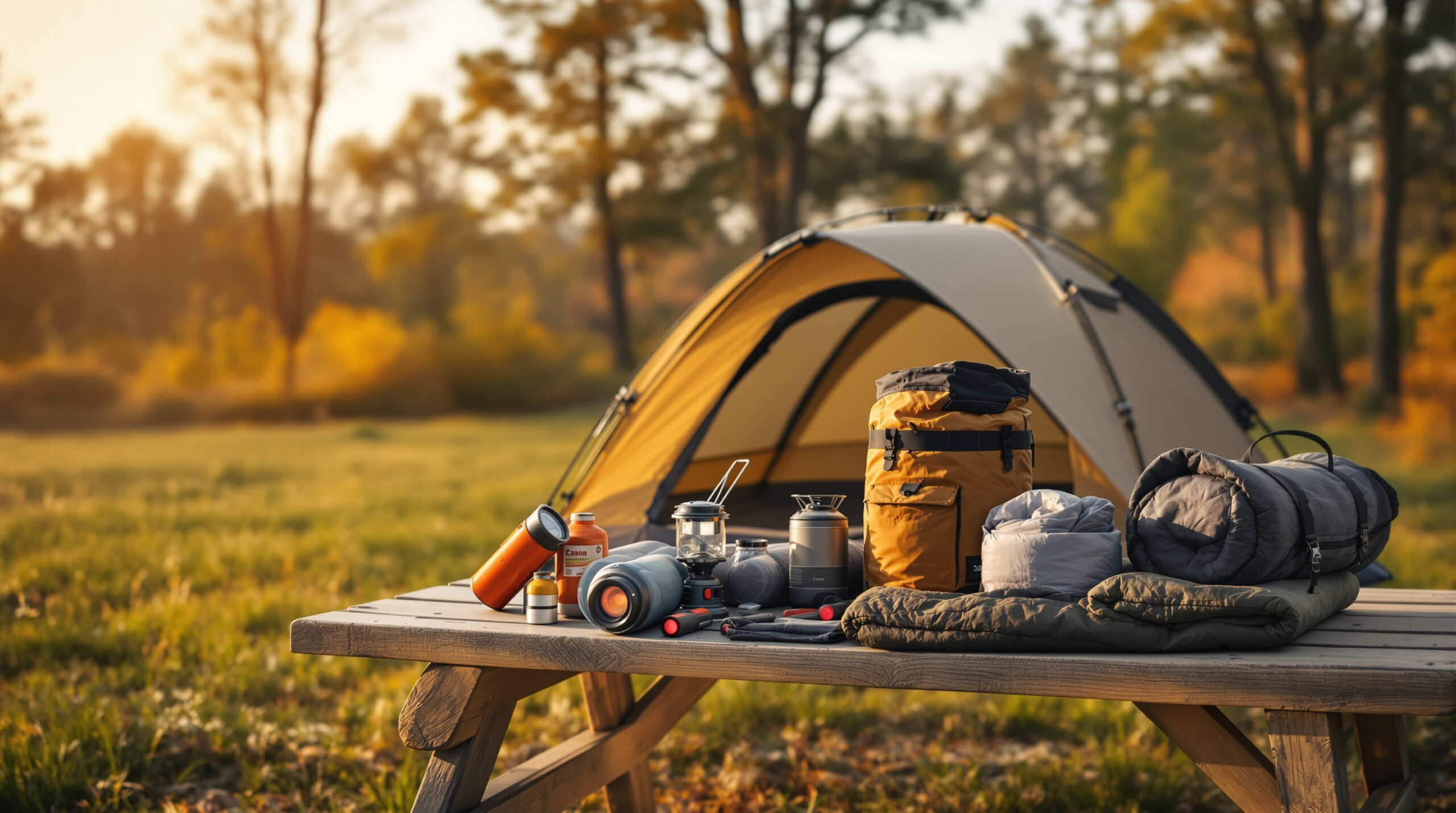Booking.com’s 10th annual Travel Predictions report reveals that travelers in 2026 will increasingly design their trips around personal passions, technology, and experiential goals.
Based on responses from more than 29,000 travelers across 33 countries and territories, the research highlights 10 global trends reshaping how people plan and experience vacations.
The report indicates that travelers are moving toward more individual and experimental journeys, with technology playing an expanding role in shaping those experiences.
According to an article published by Lodging Magazine on October 15, James Waters, chief business officer at Booking.com, said, “In 2026, travel is becoming a reflection of who people truly are, with journeys built around interests that perhaps in the past felt too niche or bold to explore.”
One major trend identified is the rise of “Romantasy Retreats,” where storytelling meets travel. As fantasy literature gains popularity, 71% of travelers expressed interest in visiting destinations inspired by fictional worlds.
More than half said they would consider participating in role-play retreats based on favorite games, books, or films, while 78% would use AI-powered tools to find “storybook” stays or real-world filming locations.
The future of vacation rentals is also shifting, driven by automation and sustainability. According to the report, 77% of travelers are open to booking robotic-enhanced homes. Cleaning bots, robotic chefs, and smart systems that manage resources are among the top features that appeal to travelers seeking convenience and innovation during their stays.
Relationships are another focal point for 2026 travel behavior. Nearly seven in 10 respondents said they would take trips to test romantic, platonic, or professional dynamics. Many travelers, particularly Gen Z, are drawn to itineraries that encourage personal growth and compatibility challenges through unique travel experiences.
Kitchen-based souvenirs are emerging as a new way to relive destinations. More than two-thirds of travelers said they would purchase local kitchenware or pantry items as keepsakes, with many citing craftsmanship, sustainability, and cultural authenticity as key motivations.
Road trips remain a cornerstone of travel, but they are evolving with digital tools and shared experiences. Eighty-four percent of travelers said they would be open to carpooling during vacations, and more than half would use an app to connect with other travelers on similar routes.
AI-driven navigation is also gaining ground, with 65% open to using it to map scenic and personalized journeys.
Astrology’s influence is growing among travelers, with 47% saying they would change or cancel plans based on spiritual or astrological guidance. Many are timing trips to coincide with moon phases or solstices, reflecting a rising interest in spiritually aligned travel.
Wellness tourism continues to expand, now extending into skincare and sleep optimization. Nearly 80% of respondents said they would book trips focused on skin-specific treatments, while 72% expressed interest in hydration stations that adapt to climate and activity.
A deepening connection with nature is another key driver for 2026 travel. Forty-three percent of travelers plan to vacation specifically to feel closer to the natural world, engaging in quiet outdoor pursuits such as birdwatching, foraging, and fishing.
Nostalgia is influencing travel motivations, with two-thirds of travelers expressing interest in recreating old memories through trips to meaningful locations. Nearly half said revisiting familiar places helps them reconnect with family and friends or recapture youthful feelings.
The report also found that travelers are redefining what constitutes a “milestone trip.” Seventy-five percent said they book vacations simply because they deserve it, while others celebrate personal achievements such as new jobs, fitness milestones, or sobriety.


